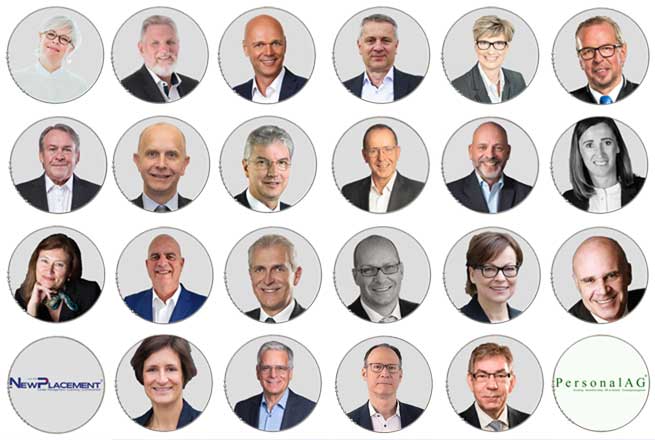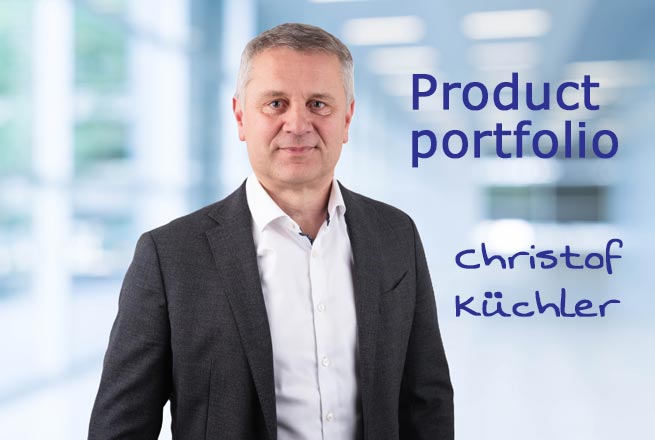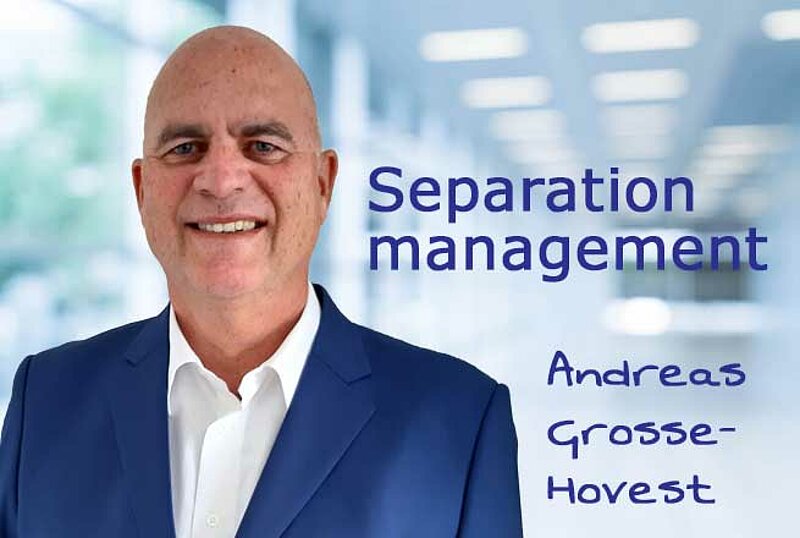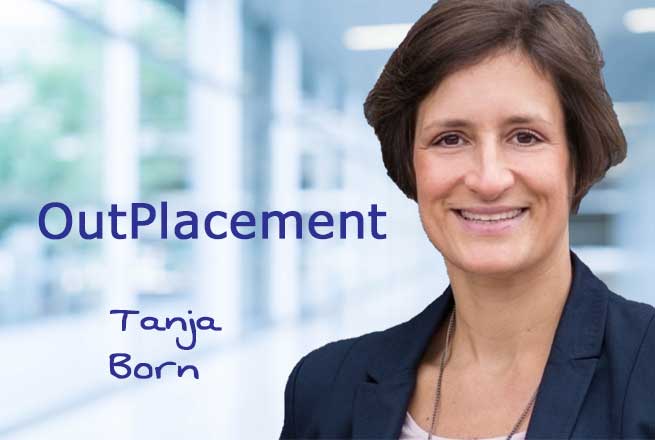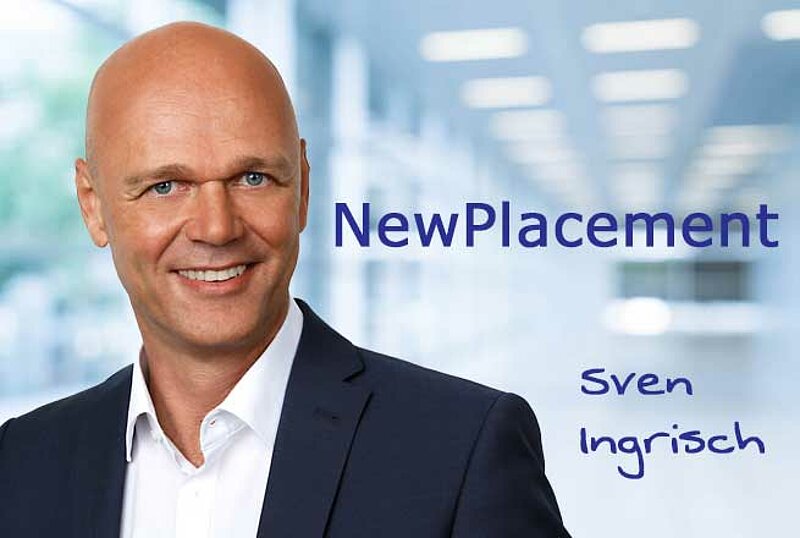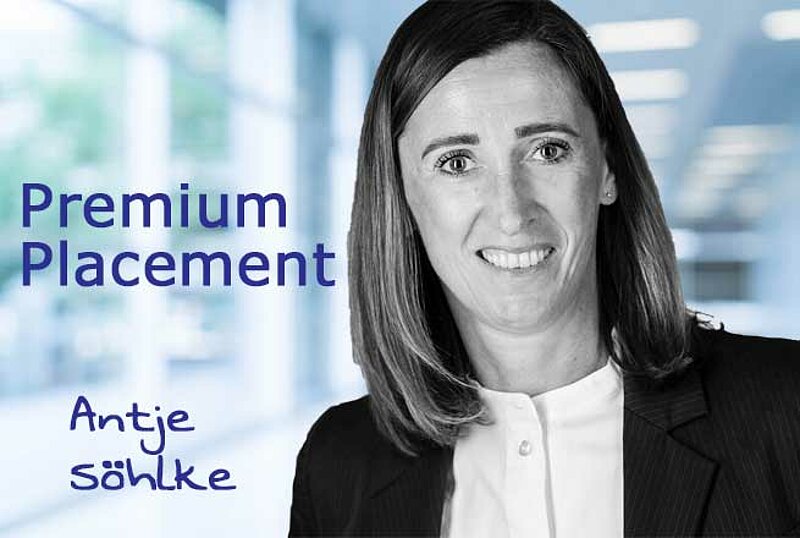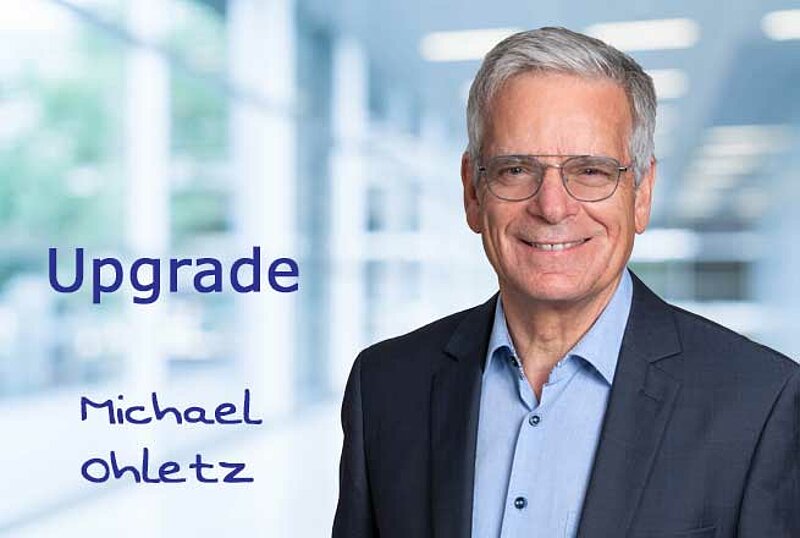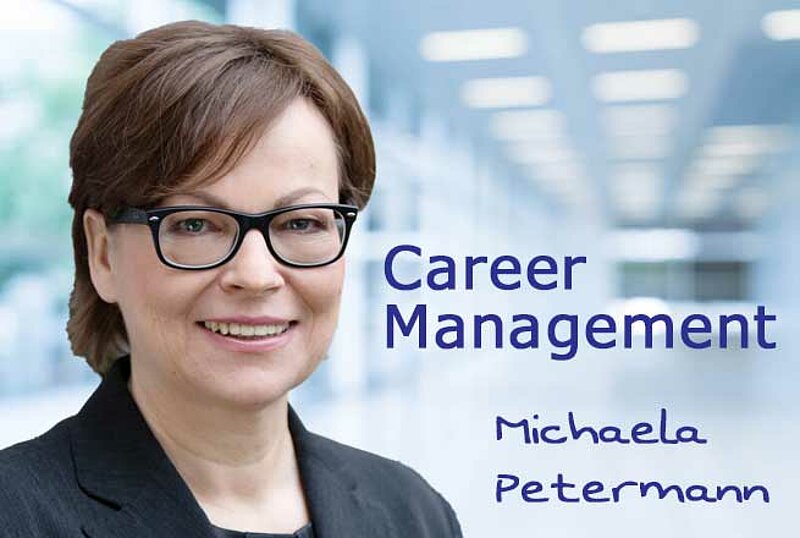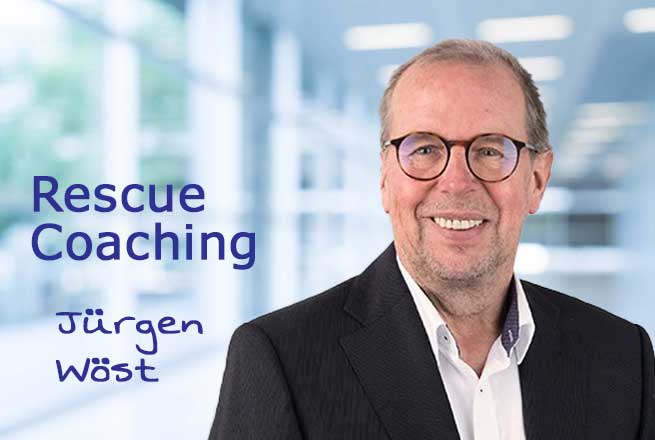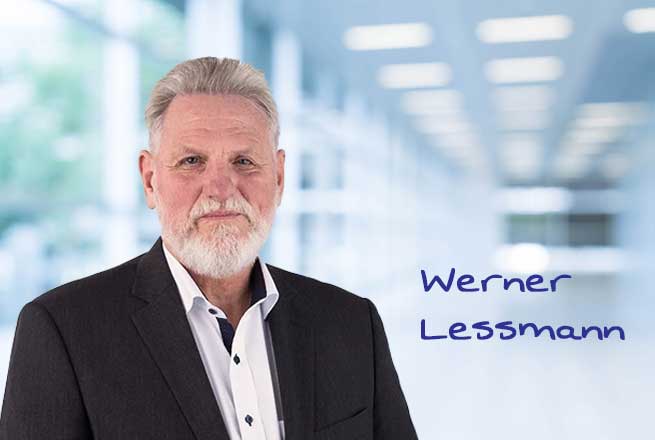The step to becoming a top executive
What a management integral can produce
It was a mild autumn day in September. The sun was shining a little milky through the clearing morning fog. We were sitting in my office overlooking the city. Mr. Wagner had come to me because his job was in jeopardy. He had been presented with a severance agreement, but had not yet signed and finished negotiating it. He was of slim build, seemed to play sports. His alert light-blue eyes eyed me nervously. An uncertain smile played around his mouth. His elegant clothes signaled status. He had sent me his résumé in advance. Right after graduating with a good degree in economics, he had started at the company and had made a good career in the last 10 years. Today, at 43, he was the marketing director of a large company in the food industry.
He took a sip of coffee before starting the conversation.
"Thank you for making the appointment so quickly".
"You're very welcome" I said "you don't want to waste any time".
"That's right. As I said on the phone, I'm interested in discussing the situation with you and developing an idea of how to proceed".
"Perhaps you could tell me again briefly how the present situation came about".
"That is quickly reported. After all, I have been with the company for 10 years. My co-workers and superiors appreciate me and my work. That is still the case today. But at the very top there was a change in the shareholder group and also in the company management. They think we don't make enough profit. And they think we need new faces to implement new strategies. And one of the faces up for replacement is me. My immediate boss says it has nothing at all to do with my person or qualifications, nor my performance. Sounds good, but doesn't help me at all".
"Have you already developed the thought for yourself that this situation could also be an opportunity for you?"
"Inevitably, yes. I know 10 years at one company is a long time today, but things were always looking up. Now, with my experience and the many contacts I have, I'm sure I'll find something quickly."
"Then why are you here?"
"Because I hope you will help me find the right thing. At 43, the time to just try something is over."
"What could possibly be a goal?"
"I just want to make the right career move. More responsibility, be able to make more of a difference. And my colleague from Personnel had meant that you were just the right person for that."
"I'm glad to hear that," I said, and explained our coaching approach to him. He had already heard some of this from colleagues who were all back in good jobs today. And we agreed that the coaching would start as soon as the resignation contract was signed. I gave him a few more tips on what to look out for, then we said goodbye.
A fortnight later we met again. Not everything was in the bag yet, but Mr. Wagner didn't want to lose any time and still wanted to go to the market in the fall. This time he seemed more relaxed, but also expectant. We started with the biography work. He told us how he had grown up, that he had been the first in the family to study and had financed his studies almost entirely himself. His parents had not been able to do that, but had always supported him along the way. During his school years he had often taken on responsibilities, as class president, and later so- even for a year as head boy. At home he had experienced an open and cordial togetherness, which did not exclude that there were also proper disagreements from time to time. Performance, discipline, a clear line, but also trust and openness were values he had taken with him from his youth into his adult life. With this attitude and these values he had also started his successful career.
In the analysis of his professional career, this pattern was also evident in his leadership behavior. We talked about it in great detail, and it was very exciting for him to be shown his life again in a completely different way. This kind of self-reflection made it possible to talk about issues differently.
In the goal-setting process that followed, we came to the conclusion that he would like to take on more responsibility in an international company, not only in terms of content, but also in terms of leadership. But would he be able to credibly convey that in an interview with his resume?
"Mr. Wagner," I asked him, "in which working groups have you been active in the company so far. And where else have you been actively and responsibly involved?"
"Let me think, for one thing there was the strategy circle on the future orientation of marketing to the new product range. I was a member of several associations representing the company. Yes, and then there was the product development innovation circle, which we were involved in from the marketing side."
"That sounds good already. How about trade shows and conventions?" "Oh, I've been to a lot of trade fairs, including abroad. I was even a keynote speaker at two international conventions" "Also good. Have you also published?" "You mean written a book?" "No, not necessarily. Maybe professional articles or something similar". "Yes, of course. I hadn't thought of that at all".
"You see," I said, "you've already done a lot of 'indirect leadership', just not consciously. What you still lack is a methodical approach. But you can learn that. If we prepare this point well, and you still acquire the necessary methodological steps and knowledge about it in the near future, you will be able to argue the point well."
He looked at me a little surprised. "Do you think that will work?" "Why not?" After all, you've already done it. The point is that you are aware of it, and that you can argue the transfer. You have to be trusted to be able to lead indirectly. And that's where examples like the ones I mentioned are quite convincing. Of course, part of that is being able to prove your influence." "Ok, I hadn't thought of it that way".
We collected good examples, he read relevant literature and also attended seminars on the subject. Only when everything was well prepared, including the CV, we went to the market. We had different experiences with recruiters, which were incorporated into the argumentation. A few months passed, during which my candidate doubted every now and then. But we held the line.
Today, he is Head of Marketing Sales internationally and jets around the world.
You've done a lot of indirect leadership, just not consciously.

